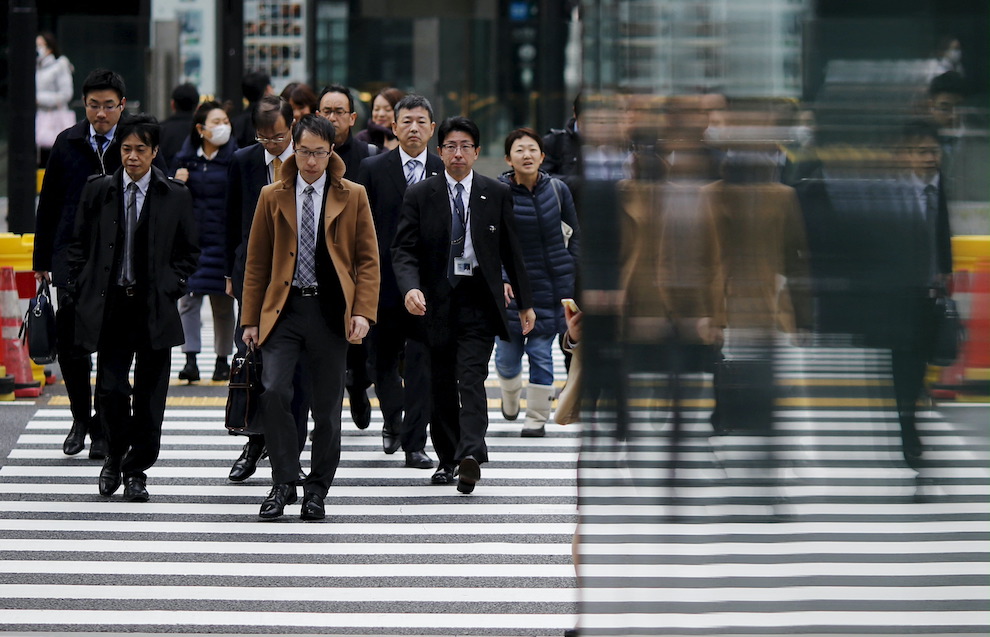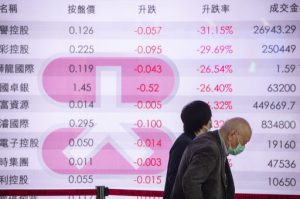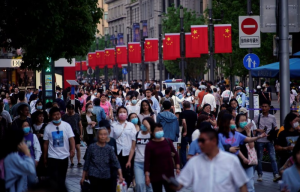Tokyo’s core consumer prices soared 1.9% in April from a year earlier, the fastest annual pace in seven years, as inflation sets a course towards the government’s 2% target.
The increase in inflation in the capital, seen as a bellwether for nationwide price trends, was driven mostly by food costs and the dissipating effect of past cellphone fee cuts.
“The nationwide (core) inflation may rise above 2% in April-June… as the picture has been the same in recent months – food price hikes have been widening,” said Takumi Tsunoda, senior economist at Shinkin Central Bank Research Institute.
“Meanwhile, it may not keep accelerating further as the pace of the energy price inflation is slowing.”
The rise in the Tokyo core consumer price index (CPI) was faster than a median market forecast for a 1.8% gain and followed a 0.8% increase for March. The index excludes fresh food, which is a volatile factor, but includes energy items.
That marked the fastest gain since March 2015, when the index rose 2.2%.
In the overall reading, which includes fresh food costs, Tokyo CPI increased 2.5% in April from a year before, the fastest growth since October 2014.
ALSO SEE: Japan to Restart Nuclear Reactors to Avoid Russian Gas
Fading Effect of Phone Cuts
The fading effect of cellphone fee cuts last year pushed up the overall CPI by 0.80 points, while non-fresh food prices drove it up by 0.17 points, the data showed.
To-go sushi packages, hamburgers and breads saw the biggest price rises among food items in April, according to a government official.
Energy prices in Tokyo rose 24.6% year-on-year in April, slower than in March, thanks to the government’s fuel subsidy programmes to lower gasoline and other energy costs.
“We believe modestly higher wage-driven inflation would have generally positive near-term effects on Japan’s government debt trajectory, mostly due to stronger nominal GDP growth,” Krisjanis Krustins, a sovereign ratings analyst at Fitch said.
“Nonetheless, the effects of inflation on fiscal dynamics, growth and monetary policy in the medium-term are uncertain and there is a risk of outcomes that would damage Japan’s creditworthiness,” he added.
The Bank of Japan last week raised its forecast for this year’s inflation rate but kept its ultra-loose monetary policy unchanged.
The central bank stressed its resolve to maintain massive stimulus until inflationary pressures were accompanied by wage rises and stronger demand.
- Reuters, with additional editing by George Russell
READ MORE:
Japan’s Nissan to Spend $700m to Boost Mexico Operations
Didi Global Shuts Down Food Deliveries in Japan – Nikkei
























